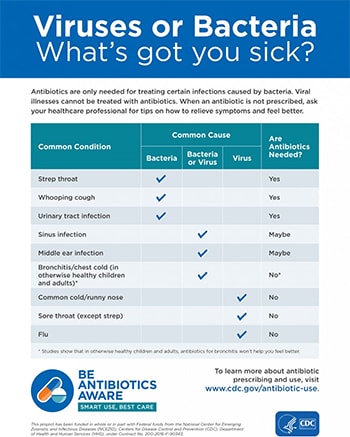
How Long Do Antibiotics Stay In Your System After Covid. Almost everyone had antibodies that block the virus spike protein. In the UK the NHS recommends 7 days after symptoms emerge continuing if symptoms persist. While normally a COVID-19 patient for the most part takes 3 weeks to recover new researches have called attention towards those individuals. Several months ago our studies showed that natural infection induced a strong response and this study now shows that the responses last Weiskopf says.

The virus uses this protein to enter cells. It is already used for the treatment of community-acquired pneumonia caused by designated susceptible bacteria and for the treatment of other bacterial infections. We are hopeful that a similar pattern of responses lasting over time will also emerge for the vaccine. Its very important to realize that we do not need to give antibiotics to patients who are isolated with COVID-19 in their homes because they have mild disease. Other cases were more recent. Some studies suggest antibodies disappear as quickly as two months later but these latest findings out of Canada agree with the leading American immunologists.
If you never have symptoms the 10-day window starts after you get a positive result on a COVID-19 test.
Read on to find out what you should hold off on for 48 hours after your shot and for more on vaccines check out The CDC Says You Should Immediately Do This Once Youve Been Vaccinated. And to only be receiving antibiotics if they are significantly ill where the healthcare provider is suspicious of on top of the COVID-19 the patient having a bacterial infection. Almost everyone had antibodies that block the virus spike protein. There is currently no evidence the virus can survive in food but early evidence suggests it may last several hours on copper 24 hours on cardboard and up to 72 hours on plastic and steel. People should stay away from others for 10 days after symptoms first appear. The antibodies they found had a half-life of 73 days.